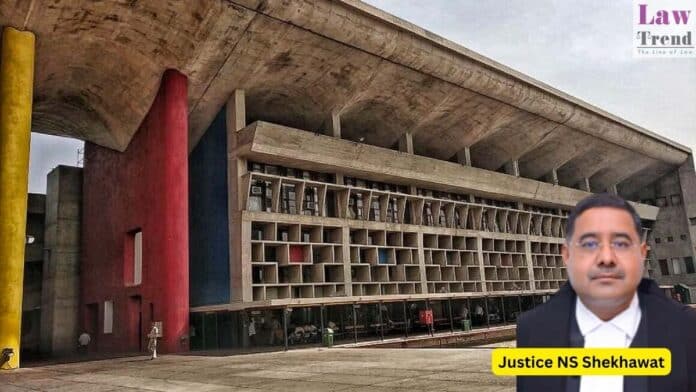The Punjab and Haryana High Court, in a significant ruling, emphasized that “pre-conviction detention should not become punishment without trial” while granting bail to Jatinder Singh, accused of setting a woman, Kuldeep Kaur, on fire in a sensational 2019 murder case. Justice N.S. Shekhawat, presiding over the matter, granted regular bail to Singh after considering
To Read More Please Subscribe to VIP Membership for Unlimited Access to All the Articles, Download Available Copies of Judgments/Order, Acess to Central/State Bare Acts, Advertisement Free Content, Access to More than 4000 Legal Drafts( Readymade Editable Formats of Suits, Petitions, Writs, Legal Notices, Divorce Petitions, 138 Notices, Bail Applications etc.) in Hindi and English.




